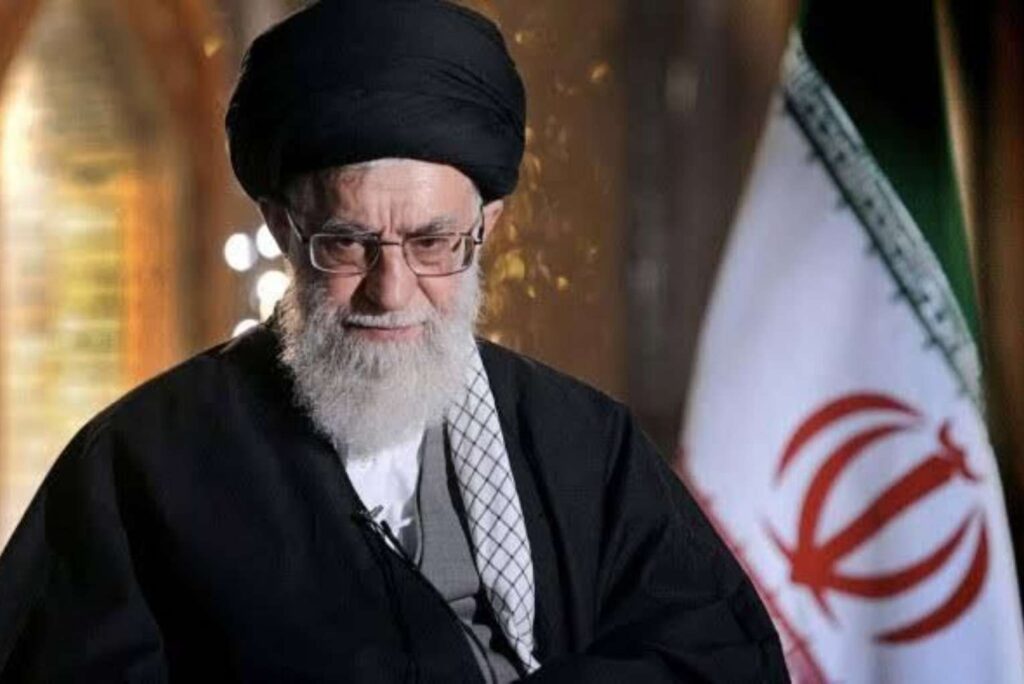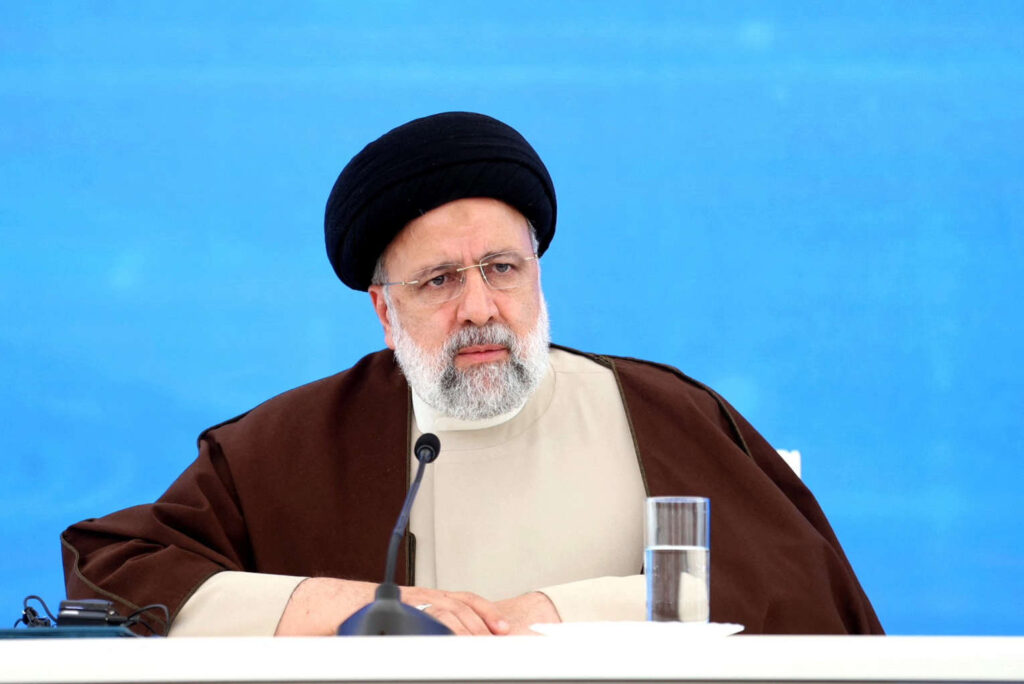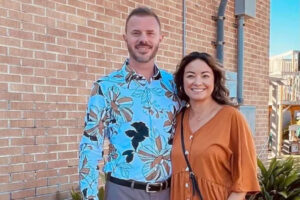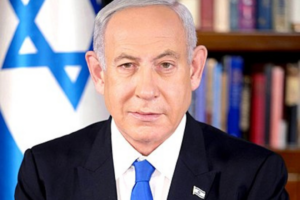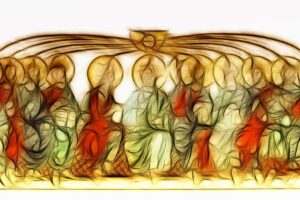When Roman Catholic cardinals enter the secret conclave to choose a new pope on Tuesday, they will be following a ritual dating back to the 13th century, when papal elections could last for years and some cardinals died during the grueling process.
The term conclave comes from the Latin for “with a key” and refers to the practice of locking cardinals away from the world’s prying eyes to allow them to choose a new pope without outside interference.
The 115 cardinal-electors will disappear from public view on Tuesday to vote in the Sistine Chapel for a successor to Pope Benedict as leader of the world’s 1.2 billion Roman Catholics.
A puff of white smoke from a Vatican chimney, signifying a decision has been reached, is expected within a few days if the conclaves of the past 100 years are any guide.
It was not always that straightforward.
The election of Gregory X in September 1271, at a time when the Church was riven by political divisions, came after almost three years of deliberations in the town of Viterbo, 50 miles north of Rome.
After two inconclusive years, frustrated locals rioted, removed the roof from the palace where the cardinals were gathered—supposedly to let the Holy Spirit join them—and cut back their food supplies to spur them to break the deadlock.
Ordeal
Conditions were so harsh that two cardinals died and a third had to leave due to ill health before the remaining princes of the church eventually chose Gregory.
Gregory was determined the ordeal would never happen again. He ruled in 1274 that in the future, cardinals would be locked in a single room with an adjoining lavatory in the papal palace within 10 days of a pontiff’s death.
After three days, if no pope was elected, they would be served only one dish for lunch and supper instead of two. After five days, they would be given only bread, water and a little wine until they reached a decision.
The value of the new rules was underlined when it took more than two years to come up with one of the odder choices for a pope in 1294.
The deadlock ended only when Italian Cardinal Latino Malabranca declared that a supposedly saintly hermit, Pietro Da Morrone, had prophesied divine retribution for electors who had failed for so long to find a new pope.
The worried cardinals agreed to vote for the hermit and Morrone, in his 80s, overcame his amazement by deciding it was God’s will. He entered the central Italian town of L’Aquila astride a donkey to be enthroned Celestine V.
But papal office did not suit the former hermit and he abdicated after only a few months, the last pope to step down voluntarily until Benedict at the end of February.
Gregory XII reluctantly abdicated in 1415 to end a dispute with a rival claimant to the Holy See, the last pontiff to resign for any reason before Benedict.
Celestine’s final act was to restore the conclave rules of 1274, which included a strict ban on communication with the cardinal electors, and which have underpinned the secrecy of papal elections to the present day.
Writing by Keith Weir; editing by Barry Moody/Mark Heinrich.
© 2013 Thomson Reuters. All rights reserved.
To contact us or to submit an article
Get Charisma's best content delivered right to your inbox!
Never miss a big news story again.


